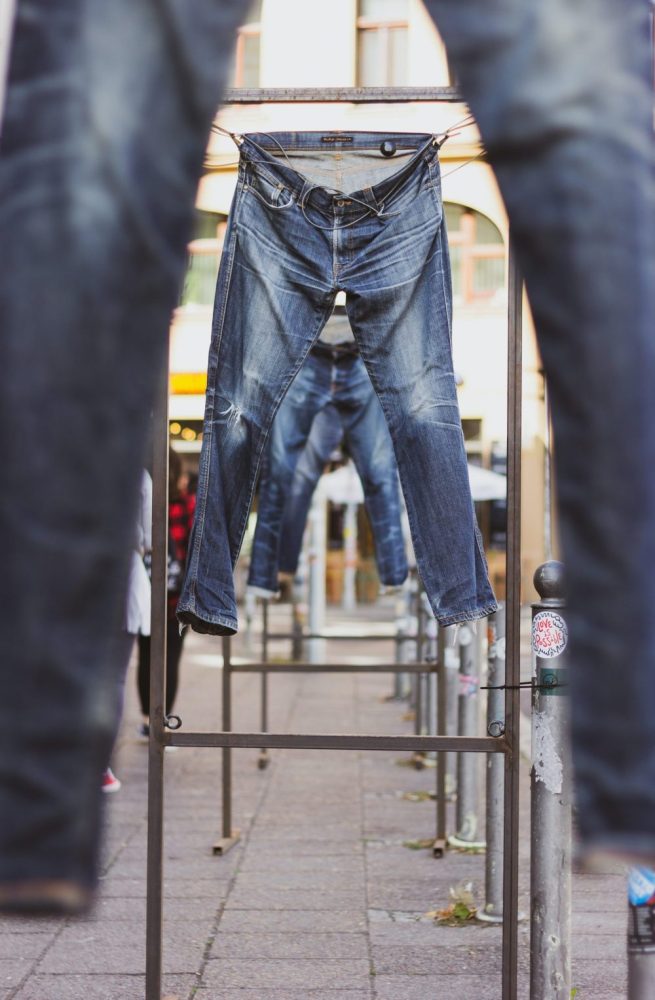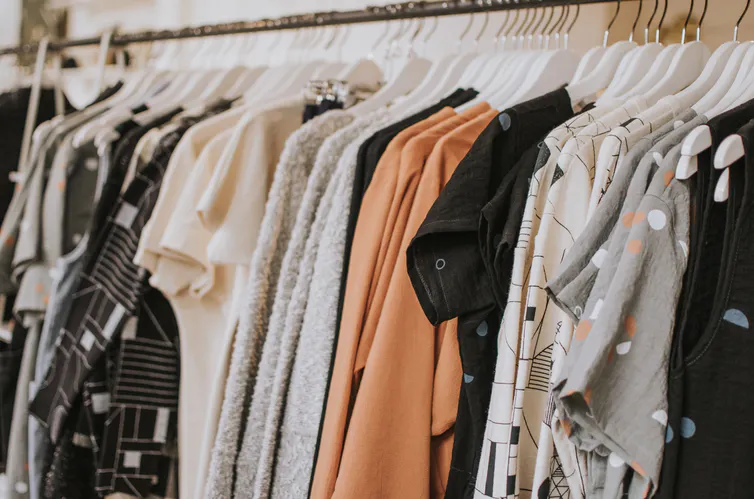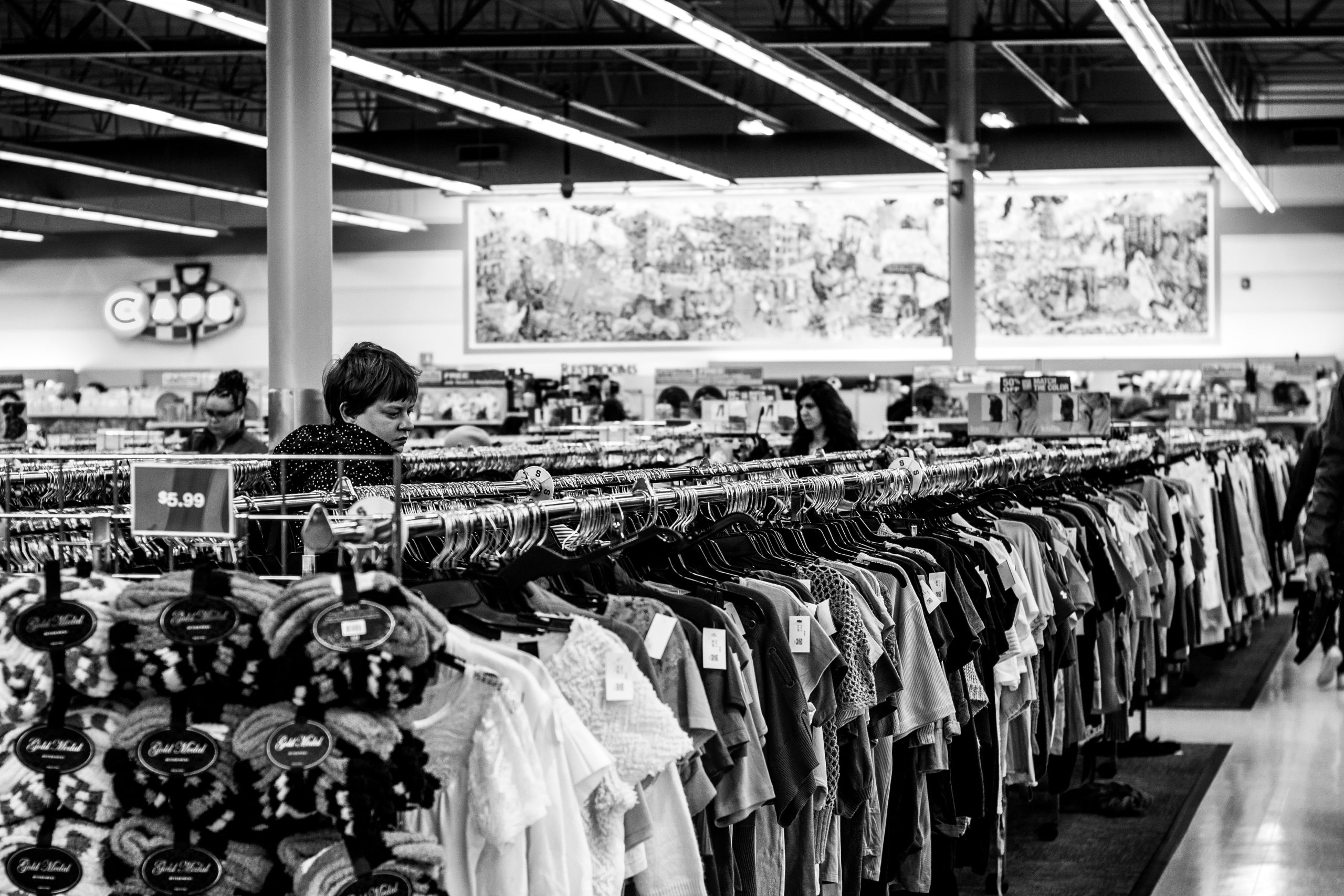Mark Sumner, University of Leeds
The fashion industry has some major sustainability problems. By 2030, it is predicted that the industry’s water consumption will grow by 50% to 118 billion cubic metres, its carbon footprint will increase to 2,791m tonnes and the amount of waste it creates will hit 148m tonnes.
These predictions are in spite of significant progress being made by brands and retailers to minimise their impact. Many are using sustainable cotton initiatives to reduce water, energy and chemical use, new dyeing technology to reduce water consumption by up to 50% as well as numerous energy and … Read the rest




